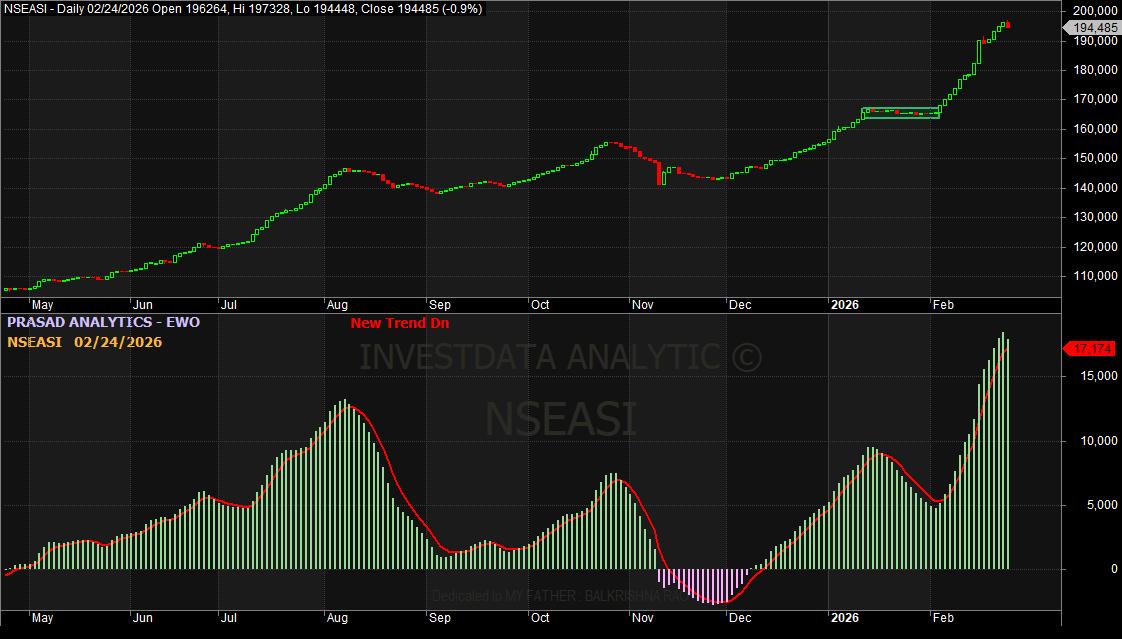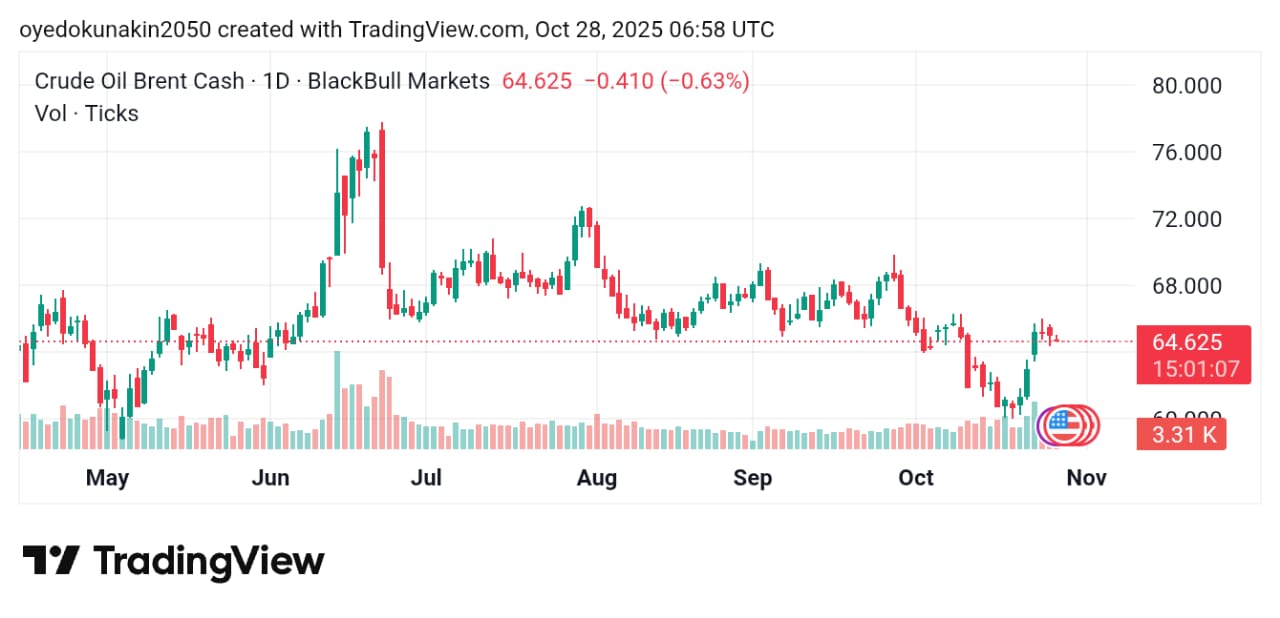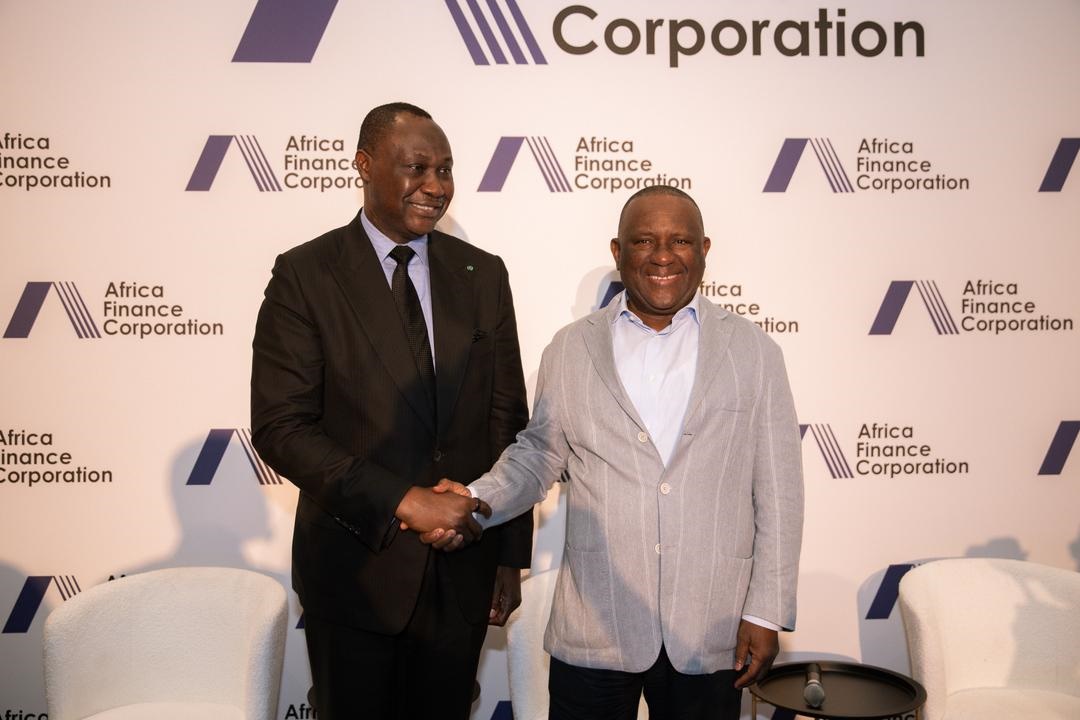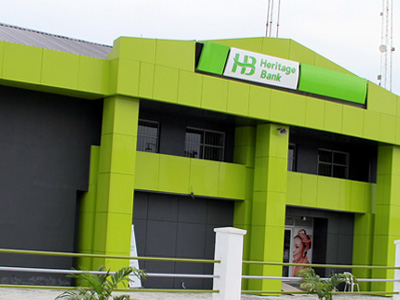
Hassan Usman, chief executive of Jaiz Bank Plc, Nigeria’s only non-interest financial institution, on Wednesday expressed a strong desire for more players to come into that space in the coming years.
Besides engendering competition, which is healthy for every business concern, he believes such would help create an inter-bank market among the players, lamenting a situation where excess liquidity from Jaiz is kept with the Central Bank of Nigeria (CBN) interest free.
Jaiz Bank is not allowed to access the existing regular inter-bank market, being an ethical institution that forbids interest taking on loans, proceeds of the sale of alcohol, cigarette and gambling, among others. Ethical or Islamic banking only allows for profit sharing, hence the need for an inter-bank market that can only come with more players becoming licenced.
Usman, who led the management of Jaiz Bank to address the nation’s capital market community at the Facts-Behind-Figures organized by the Nigerian Stock Exchange (NSE), explained: “When other players come, there will be competition that will bring about an inter-bank market.
“We are small, but one of the most liquid banks in Nigeria, we are looking for options to trade with as many counterparties as possible,” he stressed, expressing hope that even before more players obtain operating licences, international players could open shop in Nigeria, encouraged by the success of the Sukuk bond recently issued by the Federal Government to raise funds for infrastructure projects across the country.
Being the first player in the segment, the Jaiz Bank boss said, has its advantage, just as the bank has had to spend huge resources building the needed financial infrastructure, following which it is still struggling with Cost-to-Income ratio.
Usman noted that the participation of Jaiz Bank in the economy is geared towards the real sector customers into manufacturers and trading with home profit or loss from such ventures are shared in pre-agreed ratios.
“In the process we create partnerships that are mutually beneficial and enduring… They (the customers) will (go the long mile) with you because when problem comes, you will bear with them and not impose (punitive) charges.
Jaiz Bank, he continued is working towards developing players in the small and medium-scale sector into champions, following which it recently obtained a $20m credit from an arm of the Islamic Development Bank (IDB) for disbursement over the next five years.
Ahead of collecting the $20m loan, he said the bank’s management is working with the CBN to ensure that the foreign exchange risk therefrom is not passed to the customer.
“We want to grow with them and support them to ensure the country has growth that is (spread and) sustainable… We will nurture and grow with them (and in the process) diversify our risks,” Usman added, while admitting the difficulty in financing the sector.
He said Jaiz Bank has adopted the strategy of opening a decent number of branches with at least one in each state capital where necessary, while relying technology to get to the last mile.
This, he said, is “knowing how difficult it is to grow branches.”
In a difficult operating environment that Nigeria’s has been in the last three years, he said the bank would continue to focus attention on upgrading the skills of its staff as a necessity for survival.
Over past three years, the bank, he continued, has maintained decent growth in income at 45% on the average, just as deposits increased by 33%; and total assets by over 21%. Cost to income ratio within the period, he continued has improved from 252% in 2013 to 86% in 2017, a level he said is still high, while the target is to reduce it to 68.77% by 2022; assuring that Return on Investment is improving also; just as “capital adequacy is good (and) liquidity is excellent.”
He said the bank keeps deposits (excess to requirement) with the CBN at zero interest, and when needed it is also taken on similar condition
In all, Usman expressed satisfaction that the bank broke even and became profitable sooner than the average period for most Islamic banks across the world.
The bank boss forecast that deposits would grow to N88.5bn this year and by 2022, it expected to hit N216.048bn; while net profit would increase from N927m in 2018 to N3.827bn at the end of the review period; from a gross income of N10.069bn and N23.514bn respectively.
The bank is majority owned by individuals and institutions represented on the board who collectively control 66% stake, led by Abdu Mutallab Umar, past chairman of First Bank of Nigeria Plc (now FBN Holdings Plc). He is followed by Dantata Investment & Securities Limited, 13%; Muhammadu Indimi, 9%; just as the IDB and Dangote Industries Limited; while Altani Investment Limited and Aminu Alhassan Dantata control 7% and 5% stake respectively. That makes Dantatas the largest shareholder at 18% cumulative stake.
Photo caption: From left to right, Tony Ibeziako, Acting Head, Listing Business Division, The Nigerian Stock Exchange (NSE); Rukayat Salaudeen, Company Secretary/Legal Adviser, Jaiz Bank Plc; Tinuade Awe, Executive Director, Regulation, NSE; Hassan Usman, Managing Director/CEO, Jaiz Bank Plc; Mahe Abubakar Mahmud, Executive Division, Jaiz Bank Plc and Abdufattah Amoo, Executive Director/CFO, of the bank during the Facts Behind the Figures presentation at the NSE on Wednesday, May 9, 2018.













